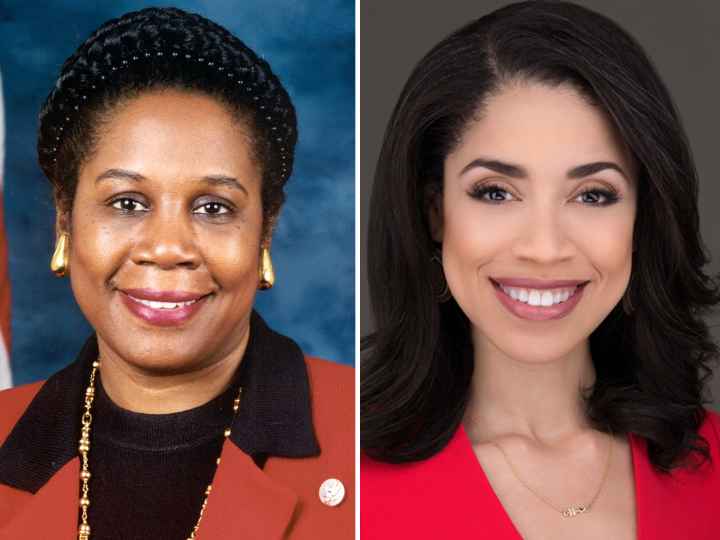- 02/22/2024 12:00:00 AMJackson Lee Holds Narrow Lead in 18th Congressional District RaceLatest Hobby School Survey Looks at Area Congressional, State Legislative RacesU.S. Rep. Sheila Jackson Lee faces her closest election challenge in decades, according to a new UH Hobby School survey. Jackson Lee leads with 43% of Democratic primary voters, challenger Amanda Edwards has 38%. The survey also shows incumbents having the edge throughout the ballot.
 Policy[COMMA] Law and Government,Research
Policy[COMMA] Law and Government,Research
